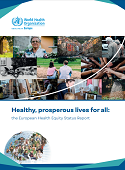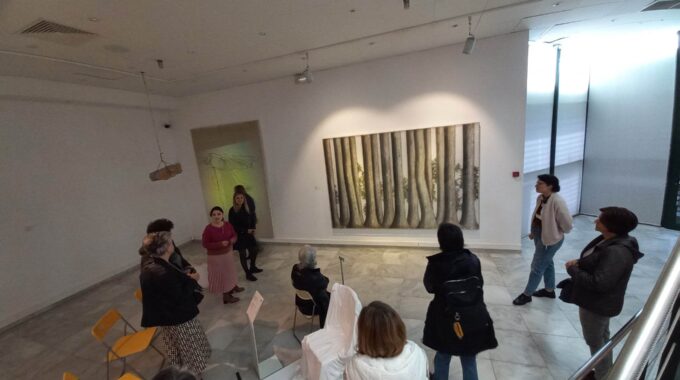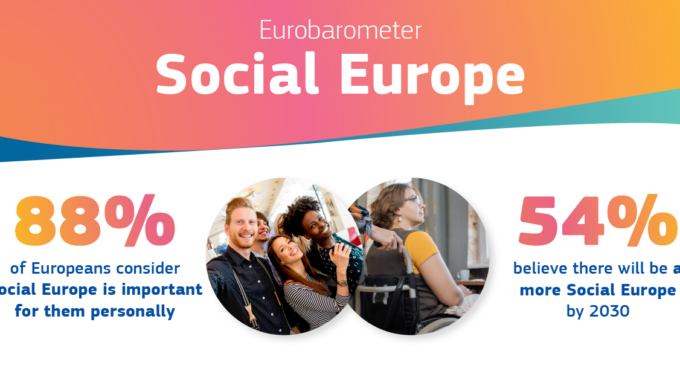
WHO report: Lack of income security biggest barrier to European health
The World Health Organization has published its first report identifying the top reasons why countries in the European region are failing to close the gap in health inequities.
In its first wide-reaching report on the topic, WHO found that the largest share of health inequities — 35 percent — result from “not being able to make ends meet.”
A lack of income security and social protection can include those in full-time employment who regularly struggle to afford the basic goods and services necessary to live a dignified, decent and independent life — the so-called working poor.
Poor living conditions is the next biggest hurdle, causing 29 percent of health inequality. Examples include a scarcity of affordable homes; lack of fuel for heating and cooking; unsafe neighborhoods; and overcrowding and unsanitary conditions. A further 19 percent involves social and political isolation or poor educational opportunities.
Meanwhile, access to quality health care accounts for just 10 percent of the health equality gap. Unequal employment and working conditions, such as diminished workforce participation and labor insecurity, result in 7 percent of health inequities.
This report “provides governments with the data and tools they need to tackle health inequities and produce visible results in a relatively short period of time, even within the lifetime of a national government of four years,” said Zsuzsanna Jakab, WHO regional director for Europe.
The report argues that many of the factors driving health inequities are not being sufficiently addressed. For example, while health inequities stem from precarious living conditions, 53 percent of countries in the region have cut investment in housing and community services over the last 15 years.





